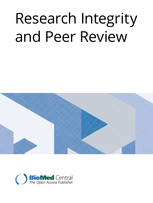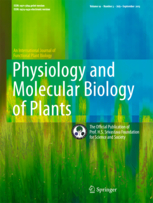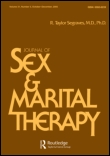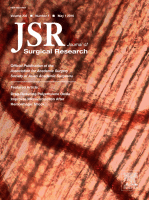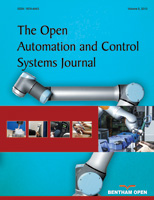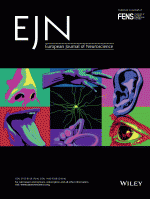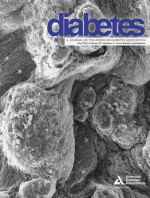When a paper is retracted, how many other papers in the same field — which either cite the finding or cite other papers that do — are affected?
That’s the question examined by a study published in BioMed Central’s new journal, Research Integrity and Peer Review. Using the case of a paper retracted from Nature in 2014, the authors found that subsequent research that cites the retracted paper often repeats the problematic finding, thereby spreading it throughout the field. However, papers that indirectly cited the retracted result — by citing the papers that cited the Nature paper, but not the Nature paper itself — typically don’t repeat the retracted result, which limits its spread.
Here’s how the authors describe their findings in the paper: Continue reading How much does a retracted result pollute the field?
